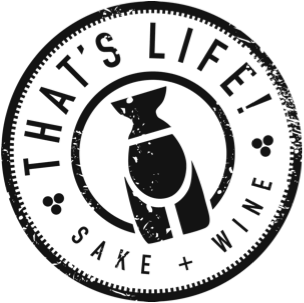
Terada Honke 寺田本家
“Sake is the best of all medicine” an ancient Japanese proverb that holds deep meaning at the natural sake producer Terada Honke.
During a period when the brewery focused on mass production, lowering material costs to better prices & margins, the previous 23rd-generation owner had fallen ill due to health issues aggravated by working too much. While in bed and thinking about the brewery, it dawned on him that fermentation is a “continuous change through a careful balance of many factors and when there is an imbalance, things start to deteriorate and rotting occurs (he realized that he had caused his health and the brewery start to rot)”. This was a major turning point and, once better, core principles of production shifted back to the roots of crafting sake as this ancient proverb states.
Terada Honke is a brewery with a long history being established in 1673, currently led by 24th generation Masaru Terada, who works naturally with microorganisms living within the brewery to craft complex, multi-layered sakes that have an amazing depth of umami.
From fermentation, to making koji, and creating the starter mash, a lot of work in the brewery is done as it was historically, very manual work without much use of machinery. Brewery staff make sure airborne microorganisms are provided with the best environment to freely ferment, release koji spores on steamed rice, and many other processes. What’s very rare here is the koji is actually isolated at the brewery itself, rather than being purchased from a koji maker. Traditional songs are sung during the moto-suri stage where steamed rice and koji are mashed together in shallow casks with wooden poles.
Rice is also an important factor within the core philosophy of Terada Honke. All rice used to craft sake is grown chemical and pesticide-free. The brewery owns approx 2.5ha of rice plots to grow sake rice and also sources from contract growers, mostly locally in Chiba, who also share the same philosophy. The main rice varieties used are Miyamanishiki, Kamenoo, Yukigesho, and a few more. The water source is natural spring water from the local shrine.
From the sounds of fermentation to seeing koji mould spores grow on steamed rice, Masaru Terada and his team truly love the art of brewing, the land, the rice fields, and while having deep appreciation to their ancestors for what was accomplished, they continue to move forward to eventually pass this forward to the next generation. The sake’s are very unique and are of true to the form of what natural sake should be.




